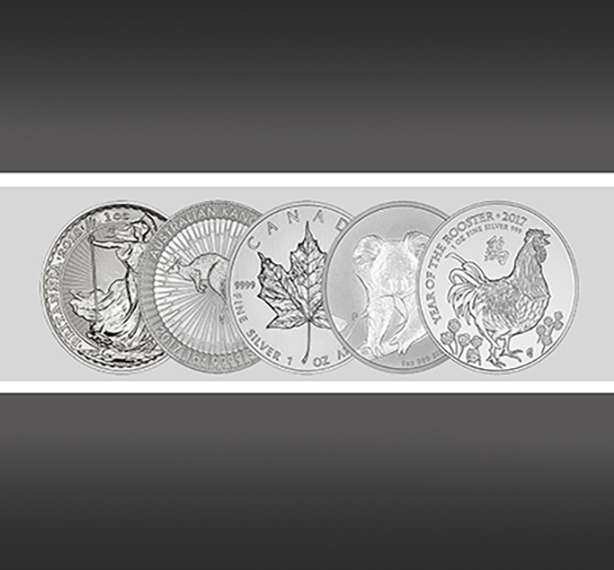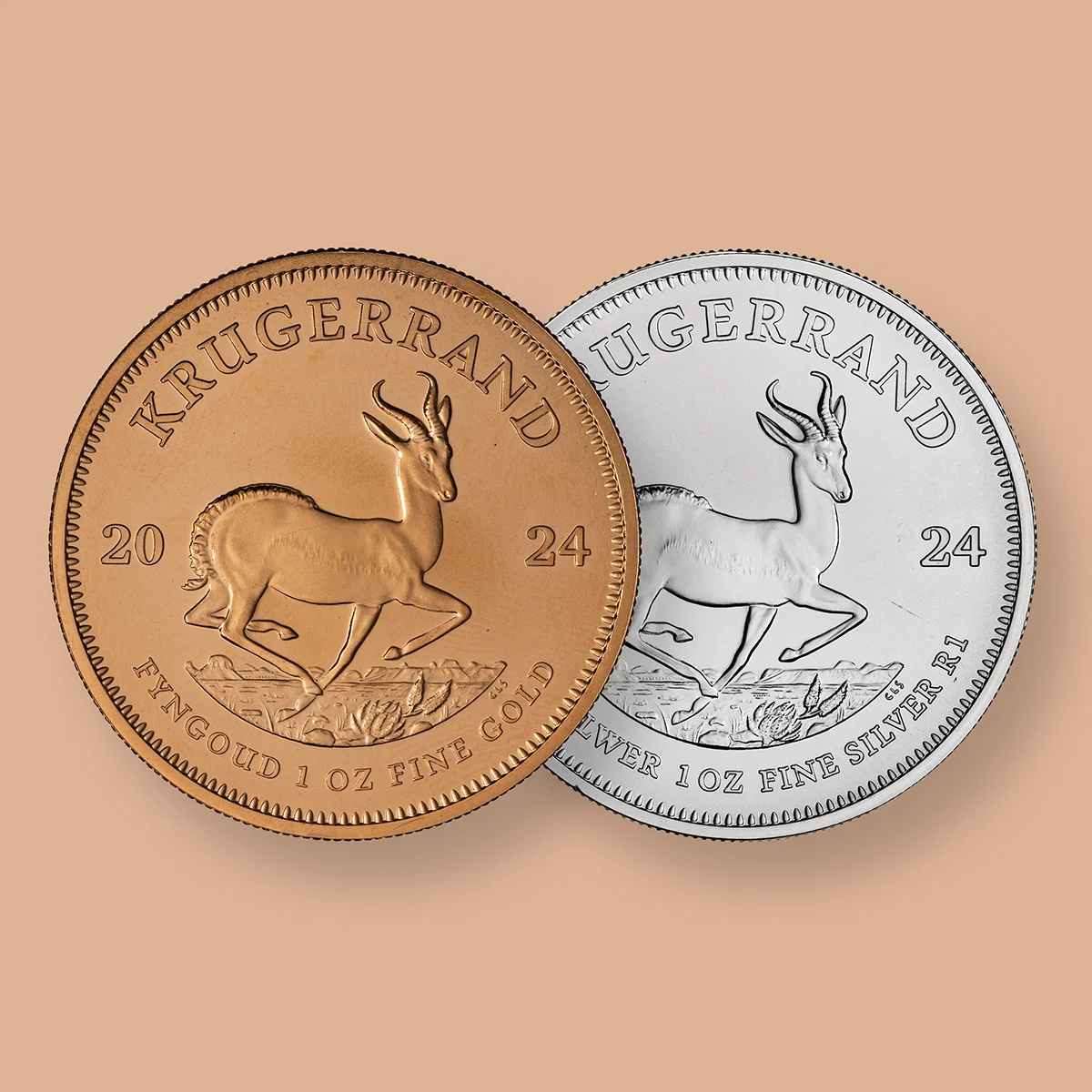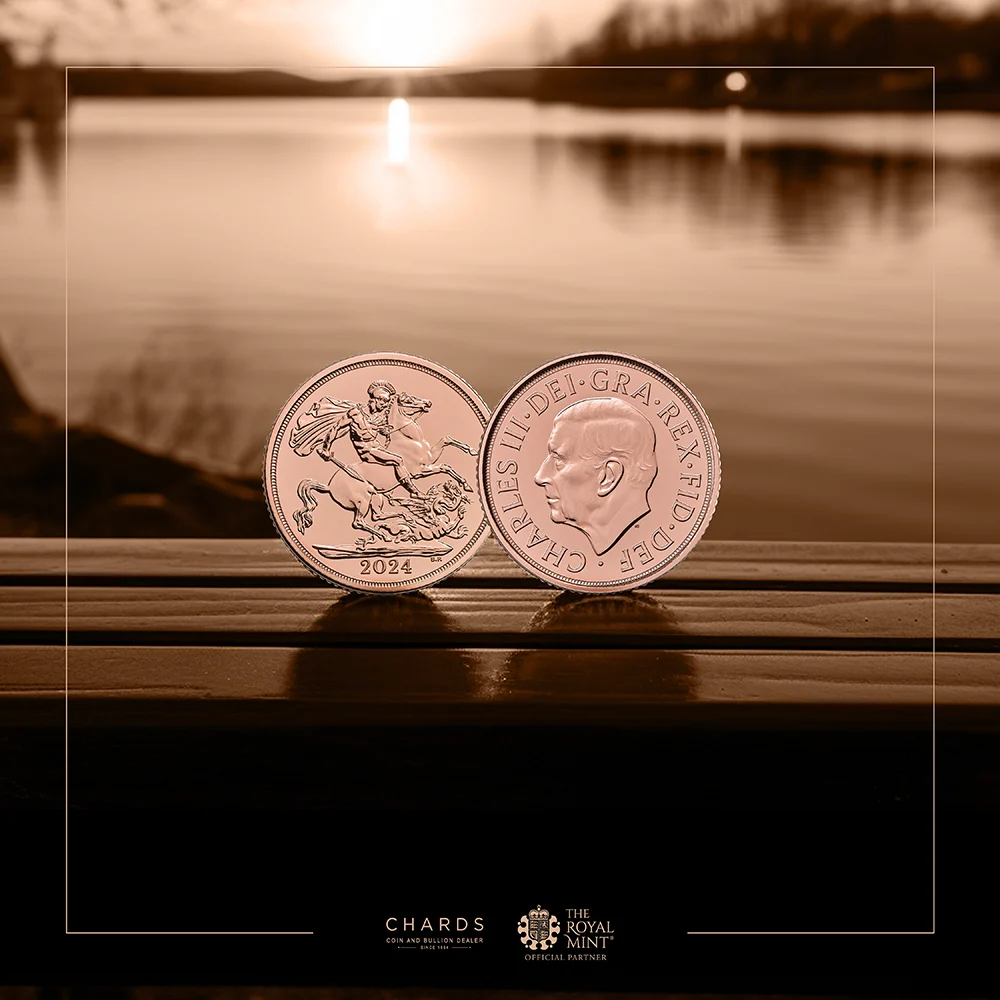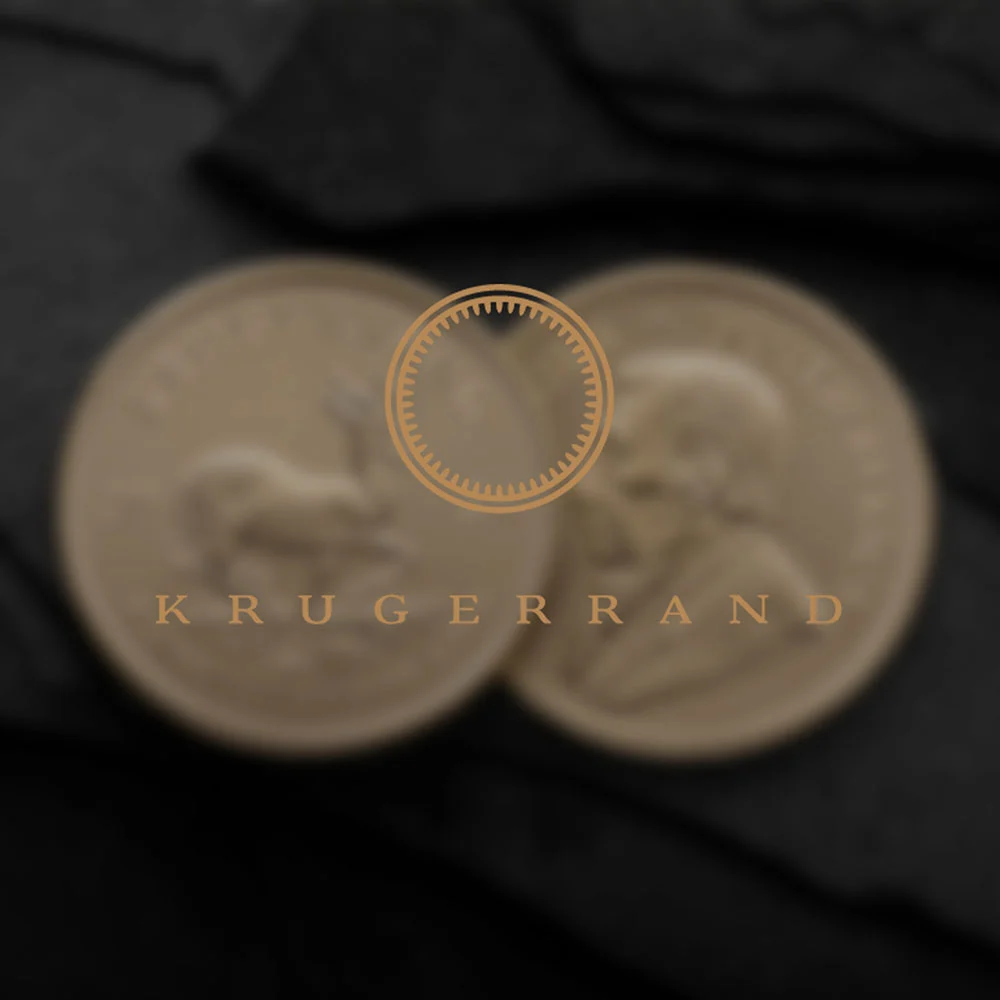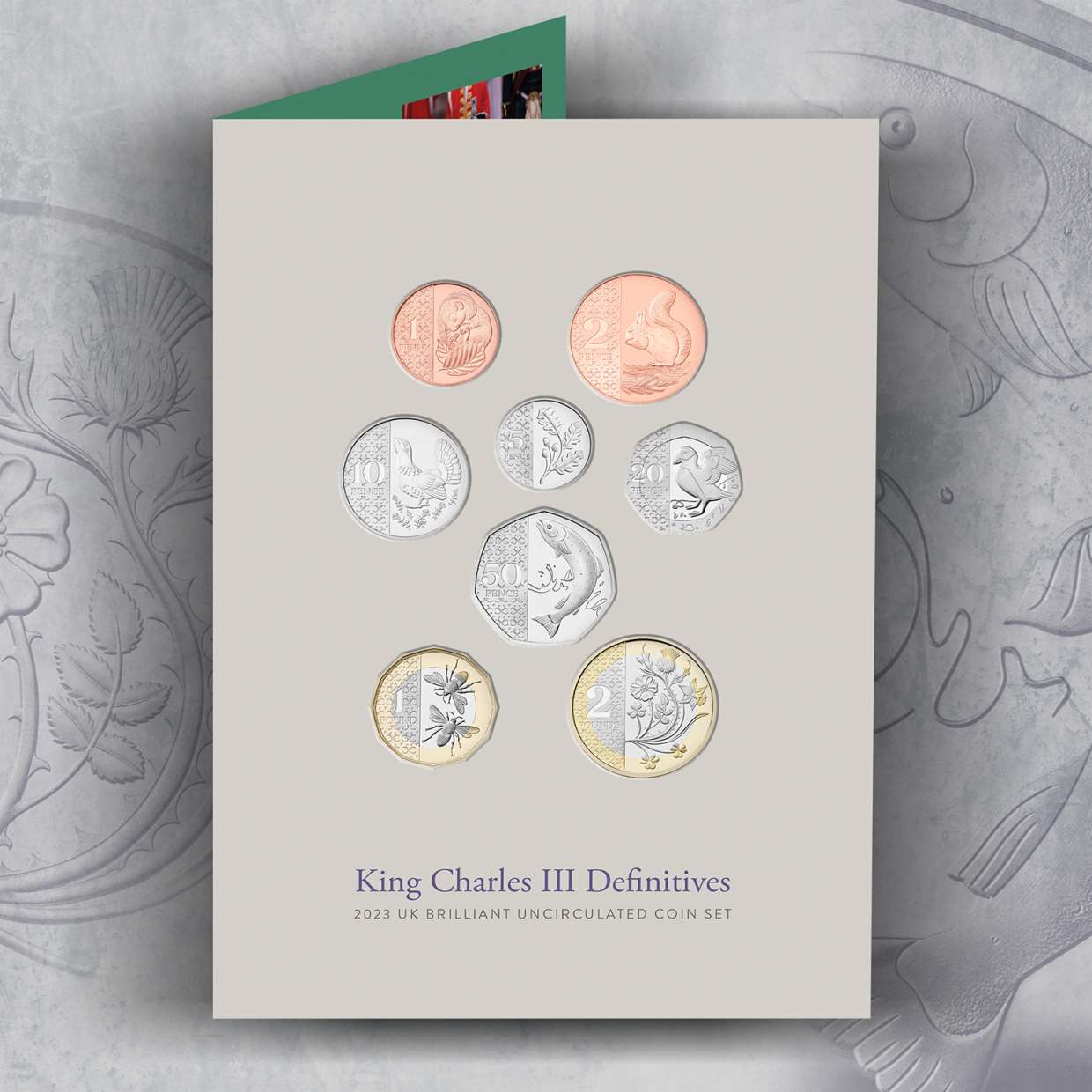Gold Futures vs Physical Gold: Which is a Better Investment?
Synopsis
Gold futures allow investors to speculate on gold prices by trading contracts with a settlement date in the future. It allows for larger trades and risks to be taken, but also requires proper understanding of the market.
Gold futures are a financial instrument that allows trading of gold at a future date while physical gold is tangible gold that can be held and stored by an individual, it can be bought or sold as an investment or for personal use. Both have different characteristics, benefits and risks.
What are Gold Futures?
Gold futures are a sophisticated financial instrument that enables discerning investors to trade the precious metal at a pre-agreed price and date in the future. These contracts are traded on various commodity exchanges and are a popular method for high net worth individuals to safeguard against fluctuations in gold prices and potentially profit through speculation.
An investment in gold futures represents a contractual agreement to trade gold with predetermined terms, such as quantity and price, but with a settlement day scheduled for a future date. This means that the purchaser is not required to pay the full amount immediately and the vendor is not compelled to deliver the gold instantly. The settlement day marks the date when the exchange takes place, the purchaser pays and the vendor delivers the gold. The settlement day is typically set for a date within three months of the contract date.
What Is Physical Gold?
Physical gold is the embodiment of luxury, opulence and exclusivity. As a high-end investor, the acquisition of physical gold is a highly sought-after investment opportunity. The ownership of gold coins, bars, and jewellery, not only provides a tangible asset, but also serves as a symbol of prestige, refinement and discernment.
The rarity, beauty, and durability of physical gold are attributes that have been prized for centuries. Furthermore, its historical and cultural significance imbues it with an allure that transcends time. From ancient civilizations to modern industry and technology, gold has always been a coveted commodity.
In contrast to paper gold, such as exchange-traded funds (ETFs) or gold certificates, physical gold is a tangible asset that can be held, stored and admired. As a high-end investor, the ownership of physical gold is a statement of wealth, taste and discernment. The acquisition of physical gold is a highly sought-after investment opportunity, and one that is sure to yield returns that are both tangible and intangible.
Advantages of Trading Gold Futures
One of the primary advantages of trading gold futures is the ability to hedge against price fluctuations. For example, a jewellery manufacturer who anticipates that the cost of gold will increase in the future may choose to enter into a gold futures contract to secure a lower price for the gold they will need to purchase in the future. This assists them in preserving their profit margins and avoiding potential losses that could occur if the cost of gold were to rise unexpectedly.
Another benefit of trading gold futures is the opportunity for profit through speculation. Futures traders often use the delay of the settlement day to speculate on the price of gold. They buy or sell gold futures with the intention of selling or buying back the contract before the settlement day, thus only having to settle their gains or losses. This allows them to trade in larger quantities and take on greater risks for the potential of greater rewards.
Risks of Trading Gold Futures
However, as with any investment, there are also risks associated with trading gold futures. The most significant risk is market volatility and price changes. The price of gold can be influenced by a variety of factors such as interest rates, geopolitical events, and economic conditions. This makes it challenging to predict the future price of gold and increases the risk of loss for investors.
Another risk associated with trading gold futures is counterparty risk. This refers to the risk that the other party in the contract will not fulfill their obligations. For example, if the vendor of a gold futures contract is unable to deliver the gold at the agreed-upon price and date, the purchaser will be at a loss. This risk can be mitigated by only trading with reputable and financially stable counterparties.
Tips for Successful Trading of Gold Futures
To trade gold futures successfully, investors must possess a thorough understanding of the contract specifications. This includes the size of the contract, the delivery date, and the minimum price fluctuation. Additionally, it is important for investors to set stop-loss and take-profit orders to limit potential losses and lock in profits.
Another crucial aspect of trading gold futures is monitoring market trends and conditions. This includes keeping abreast of economic indicators, geopolitical events, and other factors that can affect the price of gold. Investors must also be cognizant of the margin requirements and the level of leverage they are utilizing.
Unlocking the Potential of Gold Futures
In conclusion, gold futures can be a valuable tool for managing risk and generating profit in the precious metals market. However, it is imperative to have a deep understanding of the risks and be aware of the potential for market volatility. By understanding the contract specifications, setting stop-loss and take-profit orders, and monitoring market trends and conditions, investors can potentially optimize their returns while minimizing their risk.
Related Articles
This guide and its content is copyright of Chard (1964) Ltd - © Chard (1964) Ltd 2024. All rights reserved. Any redistribution or reproduction of part or all of the contents in any form is prohibited.
We are not financial advisers and we would always recommend that you consult with one prior to making any investment decision.
You can read more about copyright or our advice disclaimer on these links.






